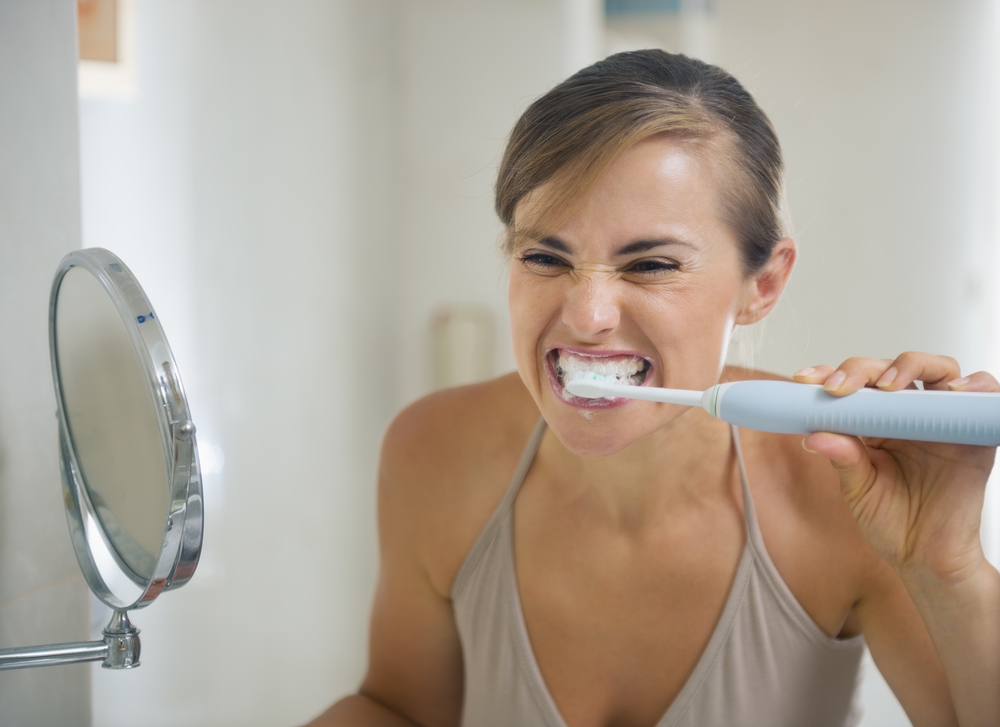
Your Guide to Common Dental Emergencies
Dental accidents can happen at any time. It can be very painful and scary to go through these things. If you know how to deal with them, you can save your teeth and avoid bigger problems.
It is important to act quickly and get help from a general dentist in Torrance, CA, when you need it. In this article, we talk about some of the most common dental problems and what you can do to handle them.
What is a dental emergency?
A dental emergency is any problem with the mouth that needs care right away to stop the pain, stop an illness, or save a tooth. Problems with your teeth are not always problems.
But you need to see a dentist right away if you are in a lot of pain, bleeding, or have a tooth that has been knocked out. Some issues, like small chips or mild pain, can wait until your next visit.
How to handle common dental emergencies.
-
Severe toothaches.
Having a toothache can happen quickly and be very painful. To start, rinse your mouth out with warm water to get rid of the germs. If you have pain from food stuck between your teeth, try using dental floss to get rid of it.
Put a cold pack on the outside of your cheek if your face is swollen. This might help make the spot less swollen and numb. Ibuprofen and other over-the-counter painkillers can help ease the pain, but you should never put aspirin on your gums.
This could burn or hurt the flesh. Get in touch with your doctor right away. When someone is in a lot of pain, it is usually a sign that they need to see a doctor.
-
Knocked out tooth.
One of the most important oral crises is a knocked-out tooth. You might be able to save the tooth if you move quickly. To begin, locate the tooth and hold it by its cap.
Do not touch the root. Brush the tooth with water if it is dirty, but do not scrub it or pull off any tissue that is stuck to it. If you can, put the tooth back in its place and bite down softly to hold it there.
If you can not do this, put the tooth in a small jar of milk or saline solution and keep it there. This helps the root stay alive. If you want to save your tooth, you should see a dentist within 30 to 60 minutes.
-
Broken or chipped tooth.
To clean your mouth after breaking or chipping a tooth, rinse it with warm water. If you can, gather any broken pieces and bring them to the doctor. Put a piece of cloth on the wound and gently press on it until the bleeding stops.
To ease the pain and swelling, put a cold pack on the outside of your face. See your dentist right away, even if the damage seems small. They can look for damage or cracks that are hard to see that could lead to problems in the future.
When should you seek immediate help?
Some tooth problems need to be taken care of right away, but not all of them do. Get help from a professional if you experience:
- Bad tooth pain that will not go away
- A broken or knocked-out tooth
- Too much blood in your mouth
- Symptoms of an infection, such as pus, fever, or swelling
- Injury to the mouth or face
Putting off care can make things worse. Taking action quickly can keep problems from happening and help you get better faster. Dental problems can happen at any time, but if you act quickly and get help from a professional, you can save your teeth and feel less pain.
